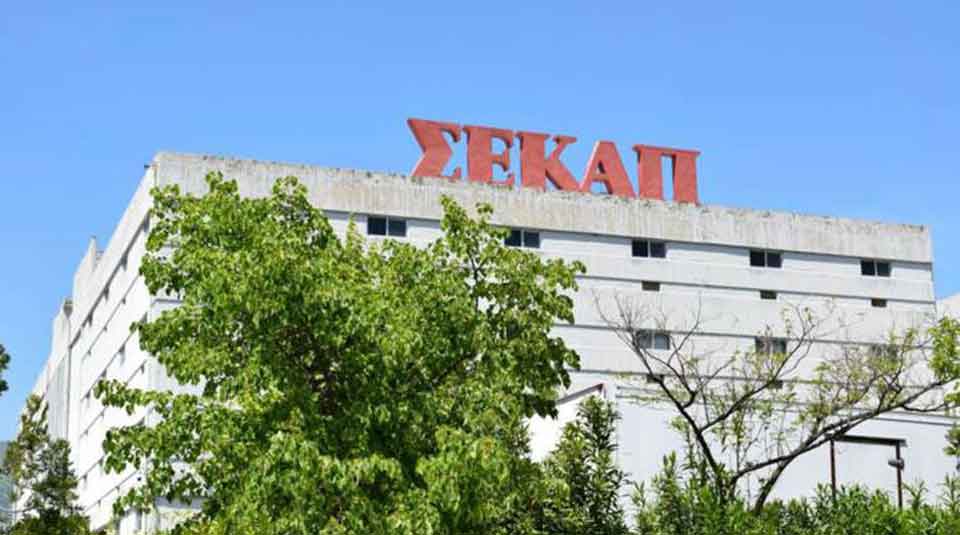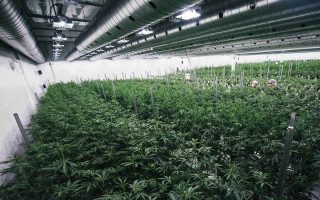Savvidis sells off tobacco firm SEKAP to JT

Japan Tobacco, the world’s second biggest multinational in the sector, is the new owner of Greek tobacco company SEKAP, after the $1.6 billion deal Russian-Greek entrepreneur Ivan Savvidis reached with the 33 percent state-owned Japanese firm for the sale of Donskoy Tabak, which bought SEKAP in 2013.
The takeover agreement was announced on Friday afternoon and is not associated with last Sunday’s incidents at the Greek soccer match between PAOK and AEK, during which Savvidis, PAOK’s owner, stormed onto the pitch with a holstered gun. According to an announcement by Japan Tobacco, the negotiations for the deal lasted almost 13 months.
Donskoy Tabak controls 8 percent of the Russian tobacco market, while SEKAP has a 4 percent market share in Greece. Savvidis’s divestment from the tobacco sector is attributed to the drop in cigarette sales internationally and his focus on the domains of logistics, food production and hotel and tourism enterprises.
The sale of SEKAP generates uncertainty about the payment of the 44-million-euro fine the state has imposed on the Xanthi-based company. That fine had led to a major political clash in Parliament, with the opposition accusing the government of doing Savvidis a favor, as it had tried twice in the last couple of years to have the fine written off through tailor-made amendments.
Already tobacco market sources are saying that the Japanese multinational has been fully informed of the SEKAP fine, and its intention – or lack thereof – to pay it off will become clear in July, when the formal approval of the Donskoy Tabak takeover is issued by the competent competition regulators.
The chairman of SEKAP’s governing board, Arthur Davidyan, referred to the sale of the Greek company to JT saying that “this is generating new prospects and hope not only for SEKAP but also for all the residents of the region of Xanthi and the broader region.”
JT has been selling its products in Greece since the 1980s, and currently controls 23 percent of the market. It also supports the local economy by taking up 25 percent of total domestic tobacco produce.





